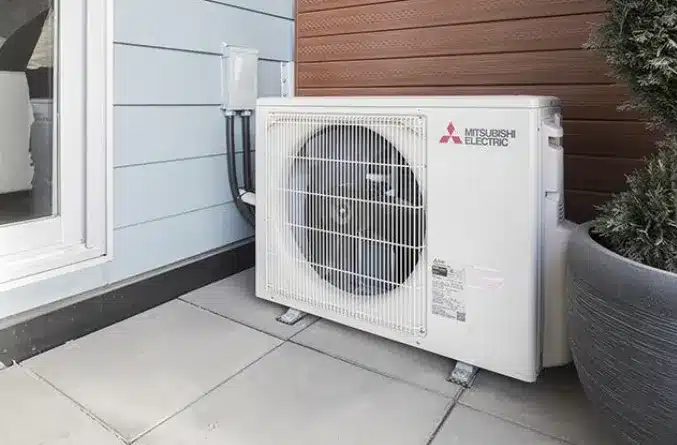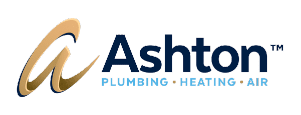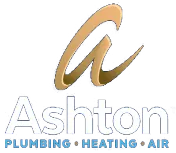
When it comes to keeping your Vancouver home comfortable, choosing between heat pumps and traditional air conditioning systems is crucial. Understanding the distinctions between these options is essential for making an informed decision that aligns with your needs. Let’s explore the differences between heat pumps and air conditioning systems to help you make the right choice for optimal home comfort in Vancouver.
How Heat Pumps Work: A heat pump serves as a versatile HVAC solution that offers both heating and cooling capabilities by transferring heat between indoor and outdoor environments.
Here’s a breakdown of how heat pumps operate:
Cooling Mode: During warmer seasons, heat pumps extract heat from indoors and release it outdoors, effectively cooling your living space.
Heating Mode: In colder weather, heat pumps reverse the process by extracting heat from outdoor air (even in chilly temperatures) and transferring it indoors to warm your Vancouver home.
Benefits of Heat Pumps:
Energy Efficiency: Heat pumps excel in energy efficiency, as they simply move heat rather than generating it through combustion or electrical resistance.
Year-Round Comfort: With their ability to provide both heating and cooling, heat pumps ensure year-round comfort, making them ideal for Vancouver’s moderate climate.
Cost Savings: Thanks to their energy-efficient operation, heat pumps often lead to lower utility bills compared to traditional air conditioning systems in Vancouver.
Environmental Sustainability: Heat pumps produce fewer greenhouse gas emissions than traditional heating systems, contributing to a greener environment in Vancouver.
Traditional Air Conditioning Systems: Traditional air conditioning systems, also known as split or central AC systems, focus solely on cooling by removing heat from indoor air and expelling it outdoors through a refrigerant cycle.
Heat Pump Rebates: As the city of Vancouver and surrounding areas moves towards electrification, there are many Federal and Provincial heat pump rebates available for homeowners to take advantage of. In many cases we’ve seen homeowners take advantage of $11,000 in rebates, making the installation of heat pumps both environmentally friendly and cost effective!
Differences Between Heat Pumps and Air Conditioning
Heating Functionality: The primary distinction lies in the heating capability. While heat pumps provide both heating and cooling, traditional air conditioning systems only offer cooling.
Energy Efficiency: Heat pumps generally outperform air conditioning systems in energy efficiency, particularly in moderate climates like Vancouver where heating is required for only part of the year.
Operating Costs: Due to their superior energy efficiency, heat pumps often result in lower operating costs compared to traditional air conditioning systems in Vancouver.
Installation Requirements: Heat pump installation may involve additional components, such as backup heating systems for colder climates, potentially impacting installation costs relative to air conditioning systems.
Selecting the Right System for Your Vancouver Home: Consider factors like Vancouver’s climate, energy efficiency, and your specific heating and cooling needs when deciding between a heat pump and traditional air conditioning. Consulting with a qualified HVAC professional can provide valuable insights tailored to your Vancouver home.
Whether you prioritize energy efficiency, year-round comfort, or environmental sustainability, understanding the disparities between heat pumps and air conditioning systems is crucial for optimizing your home comfort solution in Vancouver. By grasping these differences, you can make an informed decision that suits your preferences and requirements, ensuring optimal comfort for your household in Vancouver. If you’re interesting in leaning more about heat pumps, give us a call or visit our showroom and we’ll be more than happy to have one of our installation experts answer and of your air conditioning or heat pumps questions.

